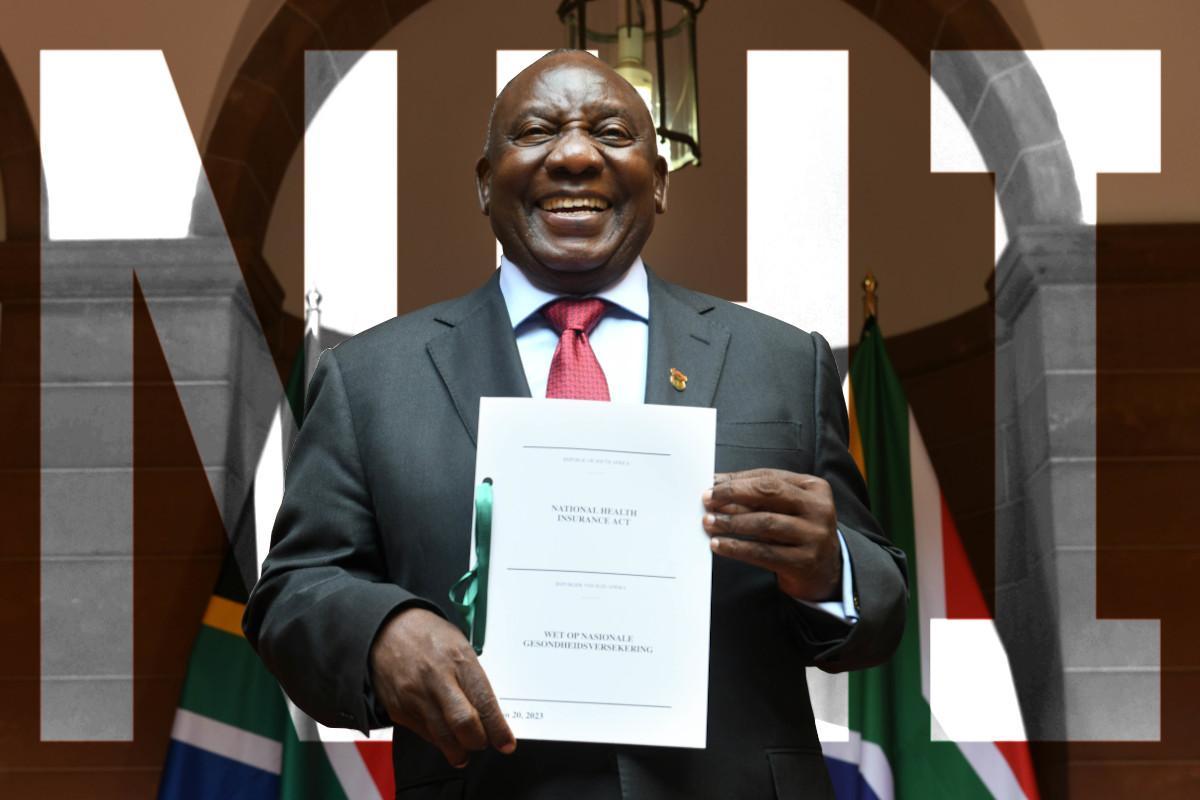Luke Fraser
Africa-Press – South-Africa. The National Health Insurance (NHI) Act has raised serious questions over the healthcare system, but the CEO of one of South Africa’s largest medical aid schemes believes that there is time to change course.
The NHI Act was signed into law last year by President Cyril Ramaphosa ahead of the 2024 National Election.
The legislation proposes centralising control of all healthcare financing in a single, state-run fund, removing the ability of medical schemes to offer cover for healthcare services reimbursable by the NHI.
The laws are still filled with uncertainties relating to this, with zero indication for the state over what the NHI will actually cover, or how much it is going to cost.
The Act effectively plans to end of medical aids in the country as they stand through section 33 of the Act.
It has thus received several court challenges from key stakeholders, with the South African Health Funders Association (HFA) challenging the constitutionality of the Act in court.
“In its current form, and without private sector collaboration, the NHI Act is fiscally impossible and operationally unworkable, and threatens the stability of the economy and health system, impacting everyone in South Africa,” said the HFA.
With extreme uncertainty over the new law, Profmed CEO and HFA Chairman, Craig Comrie, said South Africa is at a crossroads.
He noted that developed countries across the globe have faltered when trying to put additional money into healthcare without any commensurate improvement in the health of their citizens.
He said South Africa is wedged between the aspiration of universal healthcare and the realities of a stagnant economic growth cycle, high unemployment rates and an underfunded healthcare system.
This presents a stark difference between “political promises and the lived experience of millions who queue in crumbling facilities or forego care altogether,” said Comrie.
Profmed’s 2025 State of Health Report revealed deep public scepticism, with roughly 75% of respondents believing the NHI will worsen healthcare delivery.
While 44% support mandatory medical aid membership for employed individuals, over 60% report no confidence in the public system.
“I’ve sat across from too many young doctors, full of purpose and potential, unsure whether they can build a future here,” said Comrie.
“I’ve spoken with countless professionals who want to support the system but feel locked out by uncertain future income.”
He added that political posturing often drowns out desperately needed practical solutions, adding that the dream of universal healthcare cannot live or die on the fate of a single policy.
What can be done
Profmed CEO Craig Comrie
He added that South Africa needs a system that grows from the ground up, acknowledging the nation’s economic constraints, respects constitutional rights, and works.
“That doesn’t mean rejecting the public system. It means fixing what’s broken and building on what works. We’ve seen public-private partnerships in oncology save lives.”
“We’ve seen the potential in shared procurement, skills transfer, and strategic funding models. Why aren’t we scaling that?”
However, he believes there is good news, as South Africa still has time to change course. He noted that it’s time to replace ideology with collaboration.
This requires input from all sectors of the healthcare system, from finance and policy to doctors and patients.
Profmed is hosting a televised discussion with various respected leaders, ranging from healthcare, finance and policy, to find practical answers to South Africa’s challenges.
“We won’t solve it then and there, but we represent professionals who believe in this country. It is our sincere hope for a future where every South African, regardless of their income or geographic location, has access to quality care.”
“But we must be bold enough to challenge our assumptions, brave enough to admit when something isn’t working, and committed enough to build something better together.”
Source: businesstech
For More News And Analysis About South-Africa Follow Africa-Press






